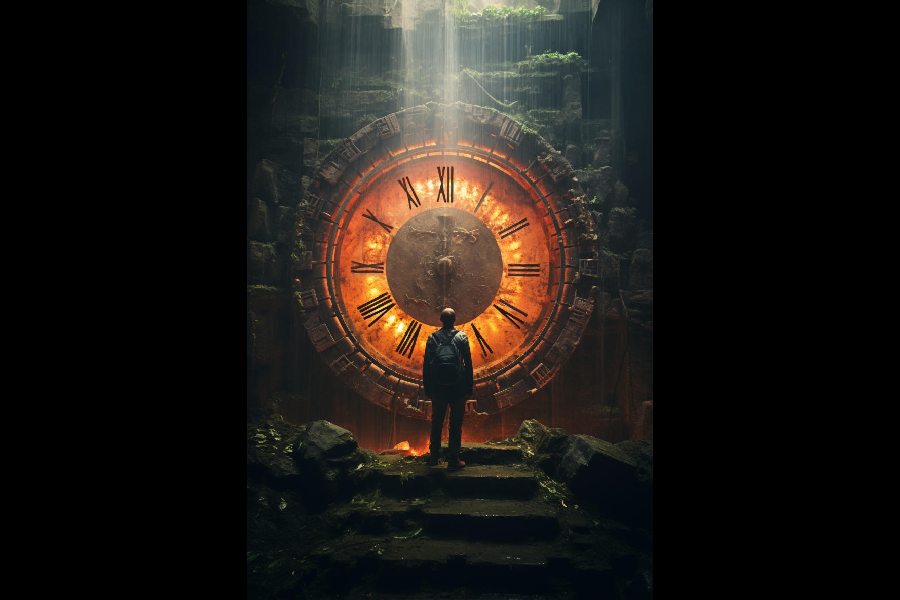Book: THE MINISTRY OF TIME
Author: Kaliane Bradley
Published by: Sceptre
Price: Rs 699
Kaliane Bradley’s debut novel is a genre-hopping book that straddles multiple narrative styles. Like a chameleon, it keeps shifting gears — now reading like a love story, now a comedy, now a tale of time travel, now a tense spy thriller. Amidst all this, it also manages to ask haunting questions.
The book is set in England in a world eerily similar to, yet different from, ours. The tale is told by an unnamed narrator who has been appointed as a ‘bridge’ in a new, hush-hush ministry. Her job? To help her expat acclimatise and assimilate himself in present-day Britain. The catch? Her expat, Commander Graham Gore, has travelled to the present from 1847.
With no clear answers about the ministry’s long-term plans and no clearance to know more than what she is told, the narrator tries her best to orient Graham to her world, introducing him to such novel concepts as home appliances, television (which he doesn’t take to), novels and Spotify. Gore’s initial wonderment at and gradual acceptance of this new world are filled with flashes of humour.
Over time, their relationship develops into friendship and, then, something more. But like all love stories, theirs too is not meant to be smooth sailing. Soon, she finds herself caught in a situation right out of a spy novel with safe houses, death threats and moles threatening to topple everything that she has built with Graham. As the novel progresses towards the second half, the jovial tone and humour are replaced by something sharper and melancholic.
The Ministry of Time is not just a plot-heavy book. Within the bounds of its intriguing storyline, it manages to ask questions and touch upon multiple themes with ease. There is, for example, the recurring theme of displacement and migration. Both Graham and the narrator are migrants who did not have a choice in the matter — while Graham was ‘kidnapped’ from his timeline before he could die, the narrator’s mother moved to England to escape oppression in Cambodia. Closely connected to migration is the idea of “hereness” and “thereness”, something that the expats are able to feel in connection to the time they came from and the time they are living in. Then there’s the question of the relation among past, present and future and whether one can really change anything.
With its combination of elements from popular genres and questions on matters that deserve serious thought, this is a book that sits well on the precarious edge between the popular and the literary.










